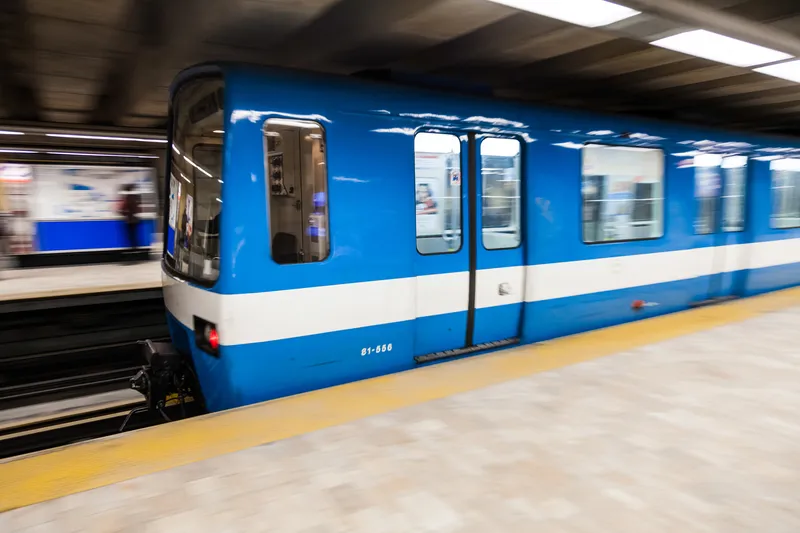
UK prime minister Rishi Sunak has pledged to "reinvest every penny" saved by his axeing of much of the new high-speed rail line (HS2) in England.
The saved money - which he calculates at £36bn - will be put into projects involving roads, buses and rail, primarily in the North and Midlands of England.
HS2 was originally planned to link London with Birmingham, and then on to the northern cities of Leeds and Manchester.
The Leeds leg had already been scrapped, and today Sunak announced that the Birmingham to Manchester line would also hit the buffers due to spiralling costs.
The BBC reports that £9.6bn will be spent in the Midlands, with £1.75bn earmarked for a rail hub connecting 50 stations, another £1.5bn local transport funding in the East Midlands, £1bn extra local transport funding for West Midlands City Region and a new £2.2bn fund for local transport outside the city regions.
£19.8bn of the HS2 money will be spent in the North, including £2.5bn to deliver a new mass transit system in West Yorkshire and £3.3bn for road resurfacing.
Separately, £12bn had already been pledged to "better connect" Liverpool and Manchester.
£6.5bn will be spent in the rest of the country.
The Urban Transport Group, which represents seven strategic transport authorities - Transport for Greater Manchester, Merseytravel, Transport for London, South Yorkshire Mayoral Combined Authority, Nexus Tyne and Wear), Transport for West Midlands and West Yorkshire Combined Authority - is cautious about the prime minister's announcement.
“Many of our member city regions have designed local transport schemes around the promise of larger infrastructure projects, whether HS2 or otherwise," says Jason Prince, Urban Transport Group director. "Our members need the confidence that once schemes are announced, they are delivered. The same logic applies to the raft of transport projects unveiled by the prime minister today."
“Fundamentally, transport is about more than simply moving people from A to B. It is about creating economic growth and thriving communities for people to live and work in. This can only happen through certainty of long-term investment," Prince adds.
The UK government had already announced this week that £70 million will be provided to councils this financial year in three schemes to invest in improving traffic lights and signals:
£30m to upgrade traffic signal systems, replacing unreliable and obsolete equipment to improve reliability.
£20m ‘Green Light Fund’ to tune up traffic signals to better reflect current traffic conditions and get traffic flowing.
£20m to deploy advanced technology for traffic signals, making use of machine learning and AI to optimise traffic flow and balance traffic across city centres.
It is also rolling out the Live Labs 2 programme to explore low-carbon ways of managing local highway networks, supporting the transition to net zero carbon local roads and infrastructure.









